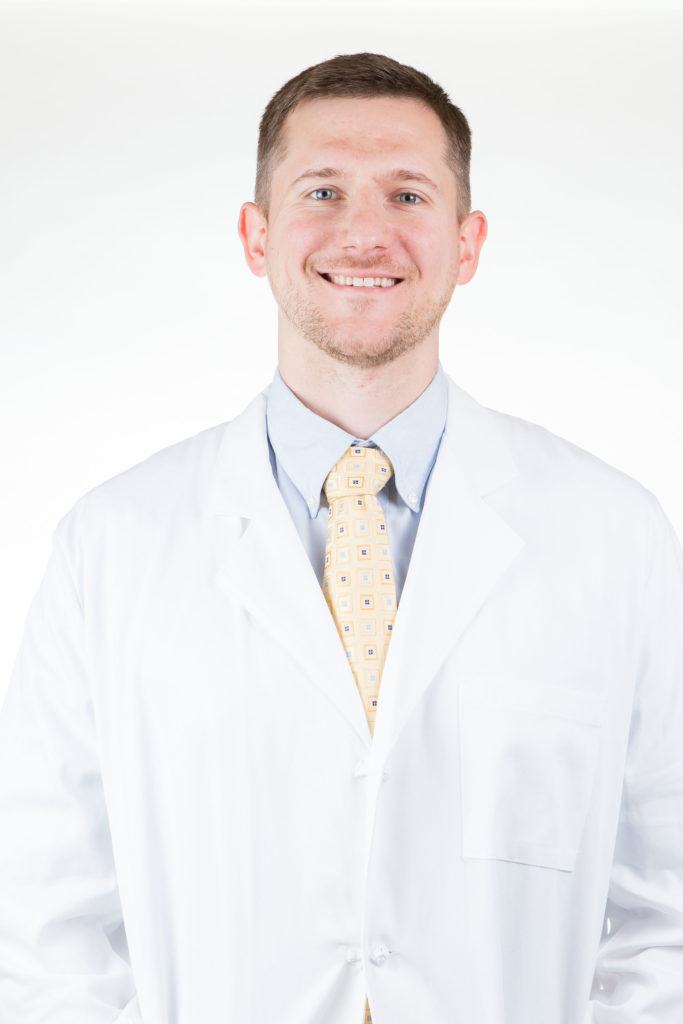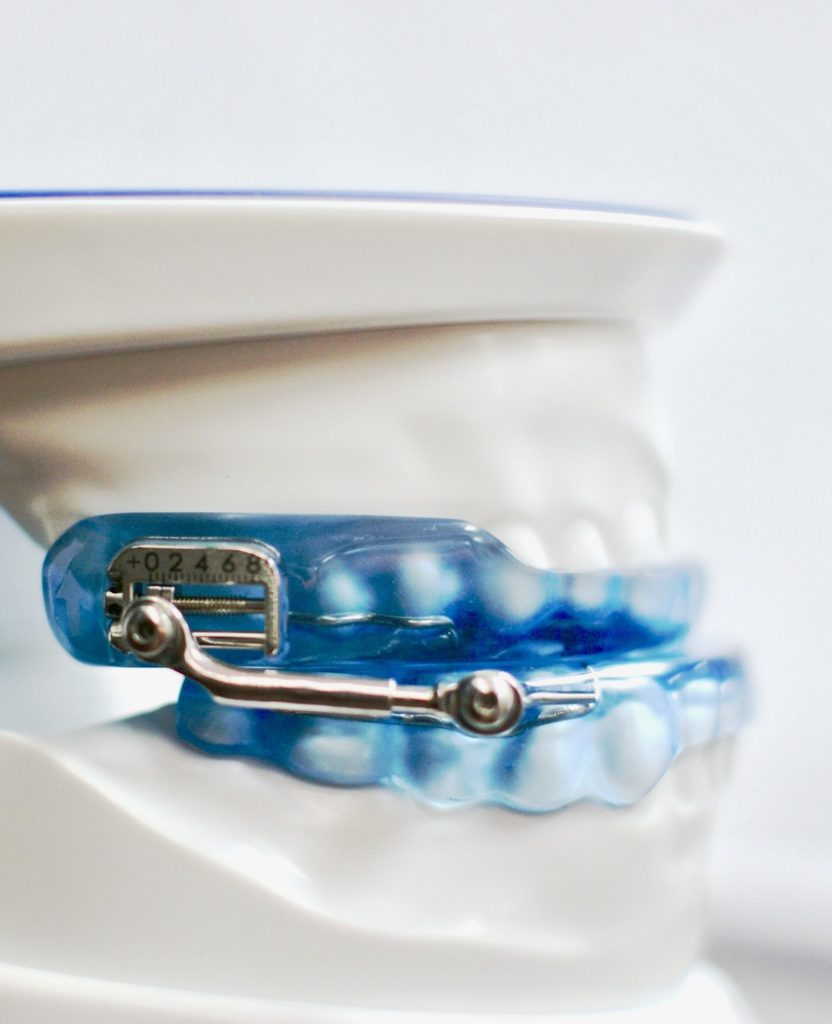Sleep Apnea and Weight Gain: Answers From A Sleep Doctor
 Do you think that sleep apnea could be the reason for your weight gain? In this article, we will look at the correlation between sleep apnea and weight gain. This article contains input from Dr. Andy Ciesielski of Lane Family Dentistry, who has received the Qualified Dentist designation with the American Academy of Dental Sleep Medicine and is also an active member of the association. we have uncovered some of the most prevalent questions that patients have concerning weight gain from sleep apnea, and Dr. Ciesielski has given his input.
Do you think that sleep apnea could be the reason for your weight gain? In this article, we will look at the correlation between sleep apnea and weight gain. This article contains input from Dr. Andy Ciesielski of Lane Family Dentistry, who has received the Qualified Dentist designation with the American Academy of Dental Sleep Medicine and is also an active member of the association. we have uncovered some of the most prevalent questions that patients have concerning weight gain from sleep apnea, and Dr. Ciesielski has given his input.
What is Sleep Apnea?
Sleep apnea is a disorder that causes those who suffer from it to experience a pause in regular breathing patterns known as apneic events. These events can occur in patients anywhere from 15 to 30 times per hour during sleep. Not being able to breathe during sleep can cause patients to wake sporadically throughout the night.
Can you Gain Weight from Sleep Apnea?
Not getting proper sleep due to sleep apnea can cause a patient to gain weight. Dr. Ciesielski explains that there are two reasons why a patient suffering from sleep apnea is likely to gain weight.
Hormone Deficiency
Sleep apnea causes those who suffer from it to constantly break their sleeping cycle, making it difficult for the body to properly rest during that period. Waking up multiple times during the night can upset many things in your body including the hormones that affect appetite. The disruption of these hormones can cause patients to overeat or not have the feeling of being satiated after eating.
“Not getting proper sleep due to sleep apnea can disrupt your Ghrelin hormone system. These hormones are used for suppressing appetite, and when disrupted can play a role in weight gain.” – Dr. Andy Ciesielski
Inactivity Due to Fatigue
The second reason that Dr. C explains that can be a cause for sleep apnea weight gain is fatigue due to improper sleep patterns. When a patient is not getting proper sleep, it will cause them to feel tired during the day. This can cause them to be less active which can increase weight gain. If a patient is not exercising regularly along with overeating, this can be a recipe for weight gain.
“If patients are chronically fatigued because of poor sleep, they are going to be less active during the day, leading to weight gain.” – Dr. Andy Ciesielski
Can Treating Sleep Apnea Help A Patient Lose Weight?
Treating sleep apnea, can in fact help patients lose weight. As Dr. C explains, one of the main reasons that patients gain weight is the imbalance in the hormone systems that control appetite. When regular sleep patterns are restored through the treatment of sleep apnea, this can help regulate the Ghrelin and Leptin hormones which may allow the patient to feel satiated after a meal.
Fixing the problem of being chronically fatigued can also help sleep apnea patients lose weight. When a patient feels more energized throughout the day, Dr. C says that the body can burn more calories leading to some form of weight loss.
Can Losing Weight Treat Sleep Apnea?
If treating sleep apnea can help a patient lose weight does it work the other way around? Can sleep apnea naturally subside and eventually go away if a patient actively loses weight? Here is what Dr. C has to say about that.
“Losing weight does not always cure sleep apnea, but if a patient loses a significant amount of weight, it can lead to better sleep and possibly cure sleep apnea.” – Dr. Andy Ciesielski
Can Skinny Patients Have Sleep Apnea?
If you are overweight you are at increased risk of sleep apnea, however, patients who are smaller in size can suffer from sleep apnea. The weight of a patient is not the only factor that contributes to suffering from sleep apnea as Dr. Ciesielski explains. He says that sleep apnea can be caused by a countless number of genetic factors that are present in the anatomy of patients. Some of the anatomical factors that he lists are:
- A small mandible (micrognathia)
- An unusually positioned mandible (retrognathia)
- Having a large tongue
- Having large tonsils
- Smaller airway than normal
So while being overweight is a very big risk factor for having or developing sleep apnea, thinner people can be susceptible to the condition. The form of sleep apnea in which thinner people tend to suffer is referred to as obstructive sleep apnea. This is because one of these anatomical features of the patient is blocking the airway during sleep.
Conclusion

As Dr. Andy Ciesielski explains, there is a correlation between sleep apnea and weight gain, but it is not always the direct cause. If you are suffering from sleep apnea, you may have tried C-PAP treatment. If you have found this form of treatment to be cumbersome and hard to sleep with, allow us to show you our dental sleep medicine alternative.
Lane and Associates Family Dentistry offers patients the option of oral appliance therapy for obstructive sleep apnea. This method of treating sleep apnea is an excellent alternative to C-PAP therapy. If you are interested in this form of sleep apnea treatment and are located in North Carolina, don’t hesitate to fill out the contact information below for a consultation with one of our sleep specialists.

